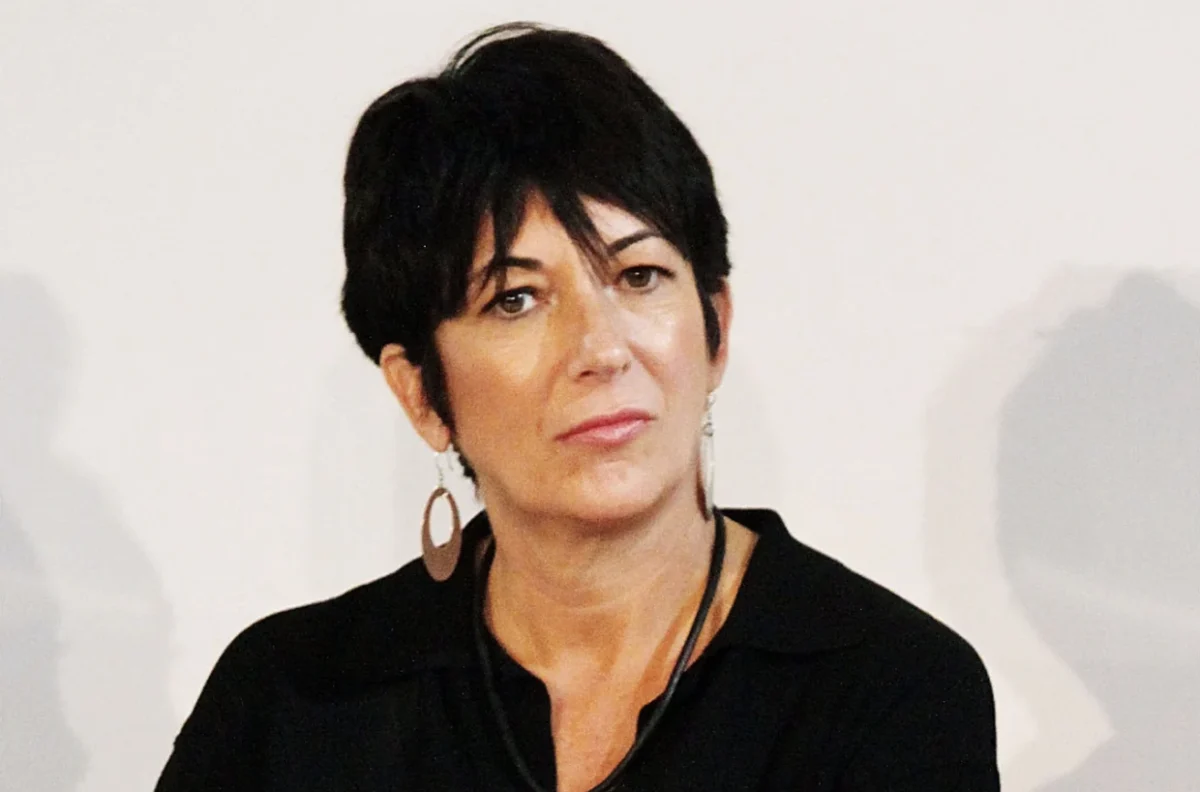Supreme Court rejects Ghislaine Maxwell appeal: What it means for her 20-year sentence

Ghislaine Maxwell. Image Credit: Laura Cavanaugh/Getty Images
The Supreme Court has rejected the appeal of Ghislaine Maxwell, leaving the longtime associate of Jeffrey Epstein to continue serving her 20-year prison sentence. The decision, issued on October 6, 2025, ends Maxwell’s last major legal attempt to overturn her conviction.
The ruling also signals that the high court is unwilling to revisit the long-running Epstein scandal, which has plagued U.S. politics, law enforcement, and the public sphere for years. With this decision, Maxwell remains one of the few people held criminally accountable in connection with Epstein’s vast network.
Why Maxwell’s Appeal Failed
Maxwell’s lawyers argued that she was protected by a 2007 non-prosecution agreement made between federal prosecutors in Miami and Jeffrey Epstein. That deal, they claimed, also covered Epstein’s “potential co-conspirators”, including Maxwell. But the justices declined to hear her case, siding with lower courts that found the agreement did not extend to prosecutions in New York.
Legal experts note that the Court’s refusal may set a precedent for similar cases involving overlapping federal jurisdictions. By rejecting her claim, the justices reinforced prosecutors’ authority to pursue co-conspirators even when earlier deals appear broad in language.
A Conviction Rooted in Epstein’s Crimes
In 2021, a New York jury convicted Maxwell of sex trafficking and conspiracy charges, finding she played a key role in recruiting teenage girls for Epstein’s abuse in the 1990s and early 2000s. Several victims testified that Maxwell not only facilitated the abuse but also participated in it. She was sentenced in 2022 to 20 years in federal prison.

Her conviction was a landmark moment for survivors who had long accused Epstein’s inner circle of escaping justice. For many, Maxwell’s trial provided a rare glimpse into how Epstein’s operations worked, shedding light on the culture of silence that protected him for decades.
Prison Transfer and Secret Interview
Earlier this year, Maxwell was quietly transferred from a low-security prison in Florida to a minimum-security camp in Texas. The move followed a Justice Department interview where she was given limited immunity to speak about Epstein. According to released records, she denied ever seeing inappropriate behavior involving Donald Trump, a longtime acquaintance.
The transfer fueled speculation about whether Maxwell could be cooperating behind the scenes. While officials insist her relocation was routine, critics argue it may suggest she still holds information valuable to federal investigators.
READ ALSO
Why did Sébastien Lecornu resign as French Prime Minister: Political Crisis Explained
Could Trump Grant Clemency?
With the Supreme Court ruling, Maxwell’s legal options are nearly exhausted. Her only realistic path to early release is a presidential pardon or clemency from Donald Trump. Legal analysts note that such a move would be controversial but not impossible, given Maxwell’s past social ties to Trump and his efforts to control political fallout from the Epstein scandal.
Granting clemency, however, would come with political risks. Critics say it could ignite a firestorm of backlash, while supporters argue it would fit Trump’s broader strategy of defying establishment institutions and appealing to loyalists who doubt the fairness of Maxwell’s prosecution.
Epstein’s Shadow Still Looms
Public fascination with the Epstein-Maxwell case has not faded. Epstein’s 2019 death in a Manhattan jail was ruled a suicide, but conspiracy theories about a hidden client list and government cover-ups continue to circulate. The Justice Department has refused to release additional FBI files, insisting that most material remains sealed to protect victims.
This secrecy has only fueled suspicion. Many believe powerful individuals remain shielded from exposure, and Maxwell’s rejection at the Supreme Court will not silence those demanding accountability for the broader network tied to Epstein.
Why This Matters for Victims and the Public
For survivors of Epstein’s abuse, the Supreme Court decision closes one chapter but leaves broader questions unanswered. Many believe unreleased evidence could reveal more about powerful figures connected to Epstein and Maxwell, fueling continued scrutiny of both the justice system and political leadership.
The ruling also highlights how difficult it can be for victims to see systemic accountability. While Maxwell’s conviction was historic, many argue it represents only a fraction of justice in a scandal that spanned decades, continents, and some of the world’s most influential circles.
FAQ
Q1: What did the Supreme Court decide about Ghislaine Maxwell?
The Court rejected her appeal, keeping her 20-year sentence in place.
Q2: Why did Maxwell argue her conviction was invalid?
She claimed a 2007 Epstein plea deal also protected her, but courts disagreed.
Q3: Where is Ghislaine Maxwell imprisoned?
She is currently in a minimum-security prison camp in Texas.
Q4: Can Maxwell still get out early?
Her only real chance is clemency or a pardon from Donald Trump.
Q5: What was Maxwell convicted of?
She was convicted of sex trafficking and conspiracy for helping Epstein recruit underage girls.
Q6: Why is the Epstein-Maxwell case still in the news?
Because of Epstein’s suspicious death, ongoing FBI file secrecy, and high-profile political ties.
Q7: Could new evidence reopen her case?
Legal experts say it’s unlikely without significant new disclosures or political intervention.

